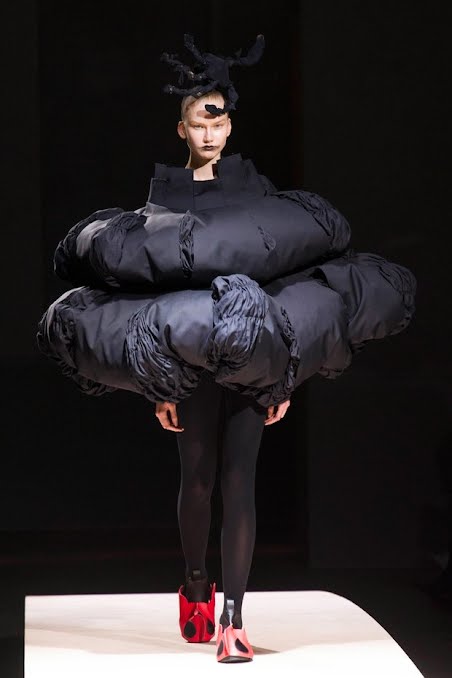"It's very difficult to know where to be."
"No one likes to admit they're being helped."

"No one likes to pay out money. No one likes to admit that they're being helped. Very few people like to admit that other people have made a contribution to their success."
At its core, business is where people hustle to get paid for the value they add to the world. If you're someone who is comfortably on salary in some established industry, it can be easy to forget that.
"Some sort of anger"
"When Obama brushed dirt off his shoulder during the 2008 presidential campaign in an obvious reference to Jay’s song ('Dirt Off Your Shoulder'), Jay was amazed. 'I was like, This is not happening in the world...growing up, if you had ever told a black person from the hood you can be president, they’d be like, I could never. If you had told me that as a kid, I’d be like, Are you out of your mind? How?'
When I asked him if the only way black kids thought they could get out of the projects was by being a rapper or a basketball player, Jay said, 'Exactly. That’s the only thing we saw.'
...But he added, 'The middle class has been eliminated; it’s so hard to make a living now. There’s a bigger gap between the haves and have-nots, and that’s what creates the problem. It’s going to bring some sort of anger, it’s going to boil over, and there’s going to be a conflict. Everyone has to participate in this American Dream, and if everyone’s not participating, then there’s a problem.'
'It’s not cool—the trajectory that this is going. We have to figure out how to include everyone.'"
-- The whole Jay-Z profile in the November 2013 issue of Vanity Fair is good, and fortunately it's all available to read online. This is just one standout bit.
(And you can see the video of President Obama dusting his shoulders off back in 2008 here.)
"A complete Gump moment"

Backstage, Rei Kawakubo awaits the people who will come to congratulate her, and to seek an explanation. The founder of Comme des Garçons hardly ever goes out on the runway. She is a tiny woman, a force of will.
An editor asks in earnest about shape, silhouette.
Ms. Kawakubo mumbles something in Japanese, which her husband, Adrian Joffe, next to her, translates:
'She says she couldn’t think of anything new, so she decided not to make any clothes.'
It was a complete Gump moment, as when the Tom Hanks character decided to stop running and return home to Alabama, leaving his followers stranded in the middle of nowhere. What did it mean? It meant absolutely nothing."
Once again, Cathy Horyn's writing in the New York Times Style section is by far the best reason to pay attention to fashion news. I wish she'd do more of her individual profiles.